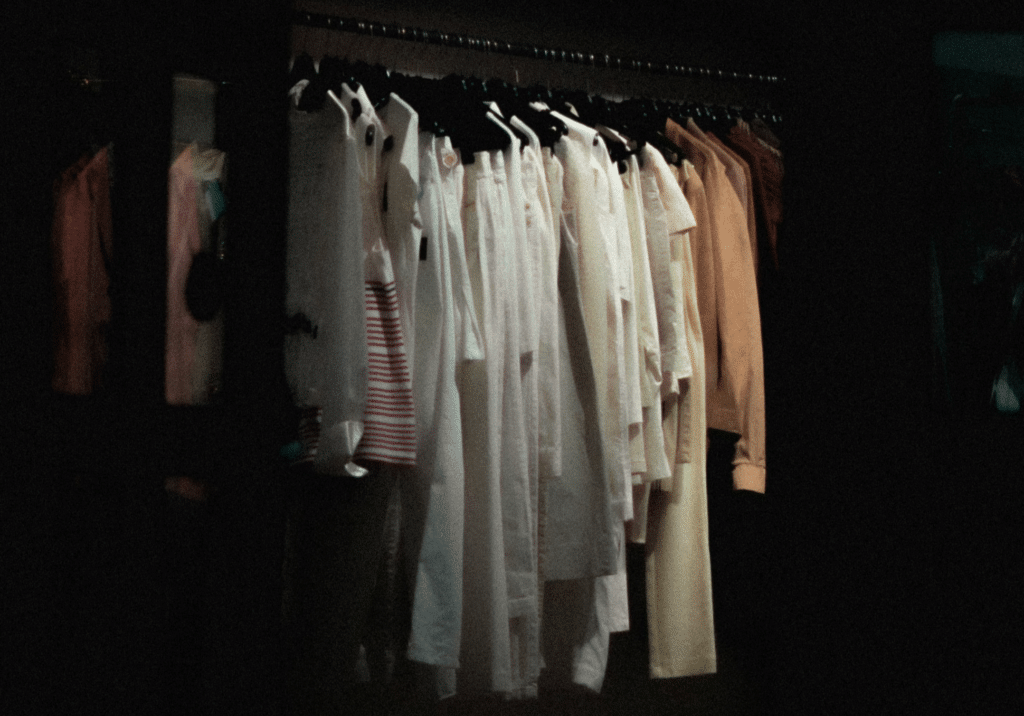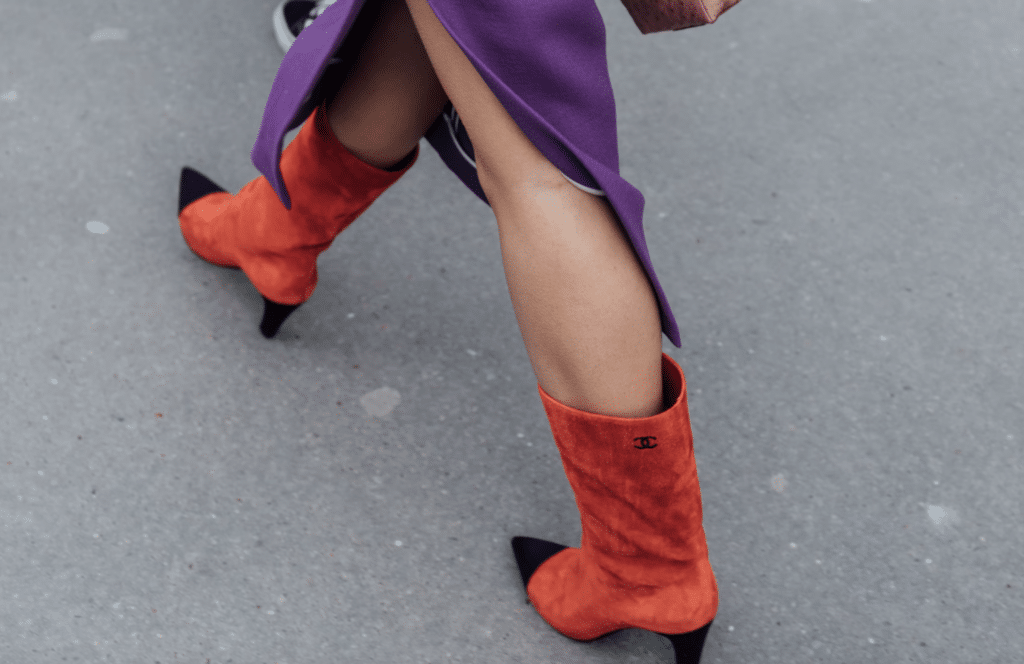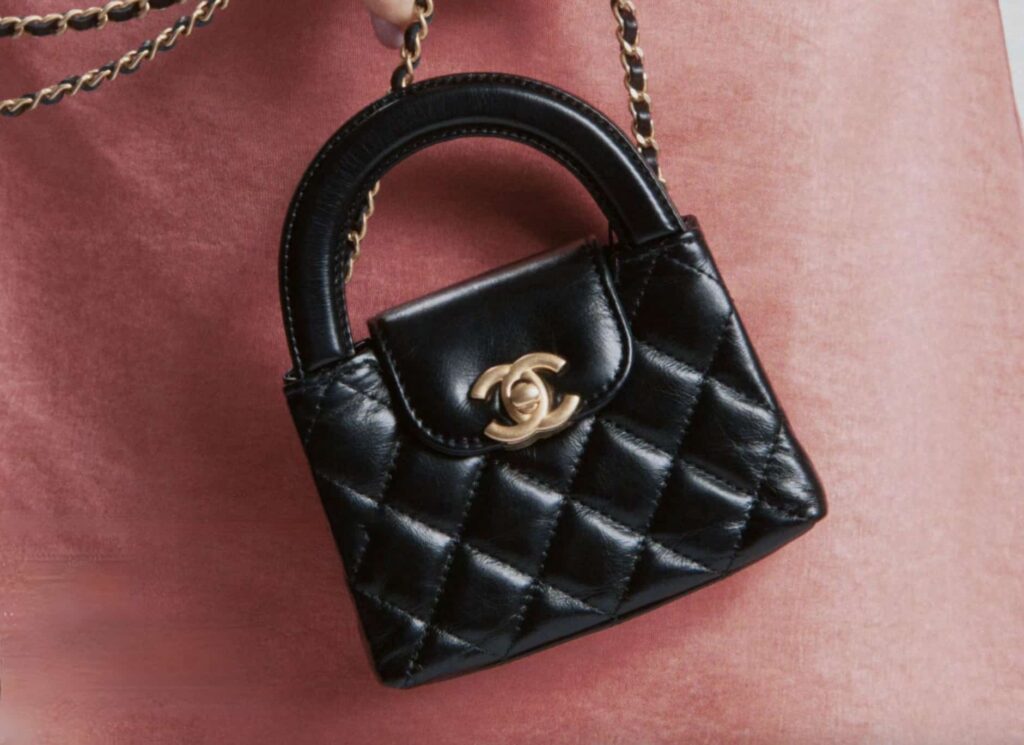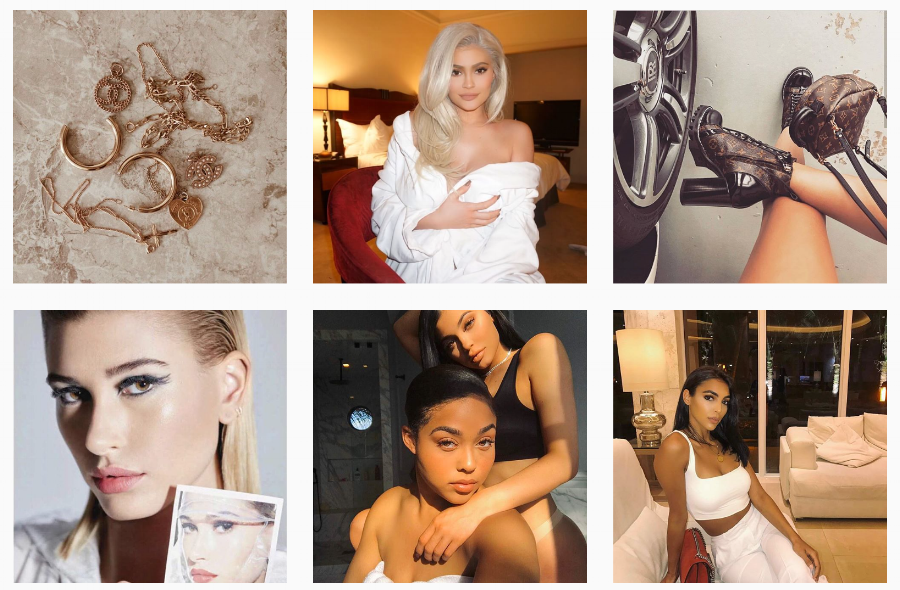
image: Choosy
What do you get when you combine Instagram “it” girls, “the most in-demand fashions on social media” and lightning-speed production? You get a bona fide competitor for Zara, H&M, Boohoo, ASOS, Fashion Nova, and the like. Choosy – a New York-based company that describes itself as an “on-demand social shopping platform,” where collections are inspired by the garments and accessories that appear in top-tending Instagram posts – is aiming to do just that. Topple the fast fashion establishment.
The budding brainchild of Massachusetts Institute of Technology gradate Jessie Zeng and former Citi bankers Sharon Qian and Mo Zhou is expected to launch this summer. Its early claim-to-fame is the use of a combination of “social tagging (users can tag Instagram posts with #GetChoosy) and a team of Style Scouts” to identify the top 10 trending fashions each week. According to the Choosy’s site, “New styles will drop twice a week by popular demand,” and the company will manufacture the garments and accessories – which will be priced between $50 and $100 – and ship them in as little as two weeks.
The company stated on Tuesday that during a test run earlier this year, its team identified and manufactured an array of street style looks from model sisters Gigi and Bella Hadid. When the entire collection – which ranged in sizes from 0 to 20 – sold out within just a few hours, Zeng and her co-founders realized they had a “huge opportunity” on their hands.
“The entire collection sold out and we had nearly 10,000 names on the waiting list,” said Zeng told Business Insider.
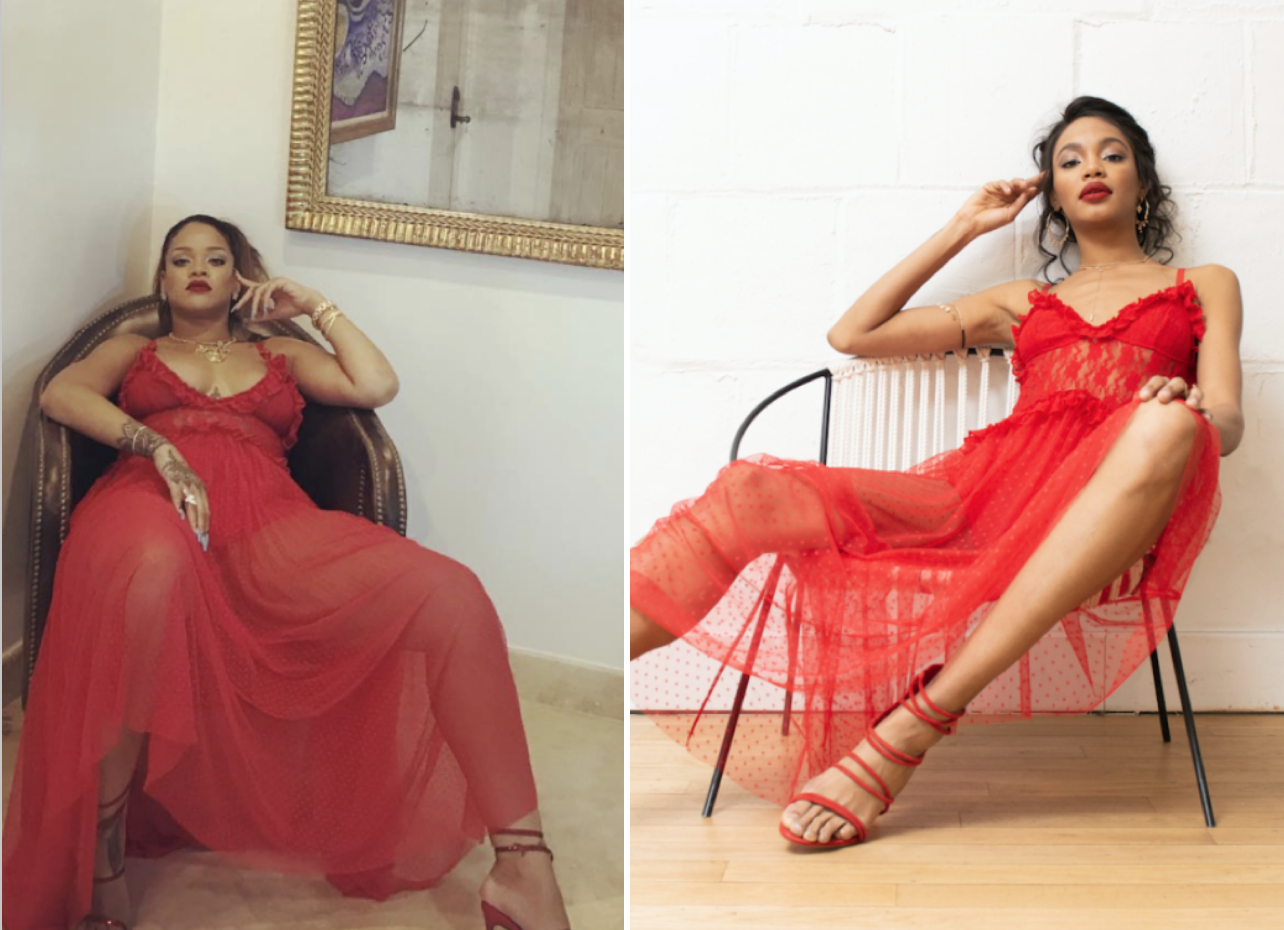
A photo from Rihanna’s Instagram (left) & Choosy’s version (right)
In banking on the influence of some of the world’s most heavily-followed Instagram users, it is no surprise that Choosy’s own Instagram account is jam-packed with imagery of the Hadid’s, Kendall and Kylie Jenner, Kim Kardashian, Emily Ratajkowski, and Cardi B, alongside photos of pricey Louis Vuitton, YSL, Gucci, and Chanel wares – a dead give-a-way, one could argue, of where the brand will look for inspiration.
Unsurprisingly, Choosy has garnered no shortage of media attention thanks to its impending lightning speed production timeline and its recent $5.4 million round of funding, which its founders say they will use to “perfect the customer experience, including everything from ordering processes to receiving deliveries on time, and build out their teams ahead of the company’s launch.”
While Choosy – and its algorithm-driven fashion model – appears to have stumbled upon the sure-fire strategy that will debunk fast fashion as we known it, the brand will certainly have to tread carefully in order to avoid some potential legal pitfalls.
For instance, anyone familiar with right of publicity laws is likely at least a bit concerned. These state-specific laws, which prevent the unauthorized commercial use of an individual’s name and/or image in a commercial capacity, come into play whenever a brand is exploiting a famous name or face to promote a product without that individual’s authorization. Given how heavily Choosy is already relying on big-name stars, as indicated by its Hadid-centric test run and the imagery on its Instagram account, it is not hard to envision a lawsuit (or two) in the pipeline.
Kylie Jenner – who appears in 9 separate photos on Choosy’s Instagram account – could (hypothetically) claim that the new company is using her likeness to boost the appeal of its brand in order to sell products.
Similarly, brands like Louis Vuitton, Gucci, and Chanel, whose logo-laden wares are strewn across the brand’s Instagram account, likely will not take kindly to the unauthorized association of their valuable intellectual property with the budding young brand. After all, it was not too long ago that Chanel slapped What Goes Around Comes Around with a trademark infringement lawsuit after the re-sale site allegedly “built its business by piggybacking on the reputation of a handful of select luxury brands – including Chanel.”
In short: While Choosy is certainly on to something, as indicated by its sold-out test run, paired, of course, with the well-established demand for trend-centric low-cost garments and accessories, its zeitgeist-specific model must be measured carefully against the increasing legal ramifications that come with an overly connected and endorsement-driven world.









